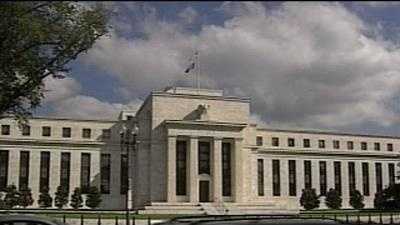The Federal Reserve is poised to announce a significant interest rate cut this week as a response to a notably slowing economy, navigating challenges that include rising unemployment and stagnating job growth. These economic indicators typically prompt such reductions, which can make borrowing more affordable for consumers on expenditures like vehicles and credit cards. However, inflation levels have remained persistently high, complicating the decision-making process, as a different strategy usually involves maintaining current rates to curb escalating prices.
The situation is further complicated by external pressures, particularly from President Donald Trump, who has vociferously advocated for lower interest rates. Economic experts have expressed concern that Trump’s repeated calls could undermine the Federal Reserve’s independence and credibility, injecting instability into financial markets. Political analyst Todd Belt emphasized the dangers of politicizing the Fed, suggesting that if decisions are influenced by political considerations rather than grounded economic data, it could lead to widespread uncertainty, which is detrimental to business planning.
Additionally, the ongoing trade tariffs imposed by Trump have contributed to market volatility, thereby exacerbating inflationary pressures. The intersection of these economic and political factors presents a challenging landscape for the Federal Reserve as it weighs its options.
In an unprecedented turn of events, a federal judge recently blocked Trump’s attempt to dismiss Federal Reserve Governor Lisa Cook, which was predicated on allegations related to mortgage fraud. The administration has signaled its intent to appeal this ruling and is seeking an emergency court decision ahead of the Fed’s impending interest rate announcement. Notably, Cook had previously classified the disputed property as a “vacation home,” which may undercut the administration’s claims and add another layer of complexity to this fraught relationship between the White House and the Federal Reserve.
As the Federal Reserve gears up for this crucial announcement, the interplay of economic data, political influence, and institutional independence will be under intense scrutiny, with potential ramifications for both the markets and the broader economy.







